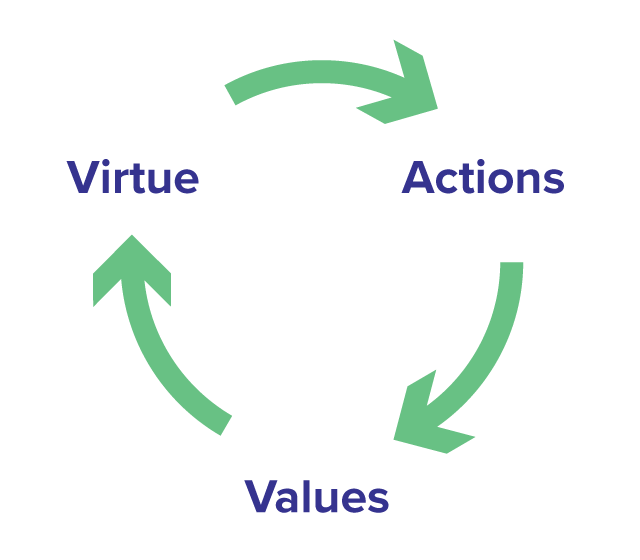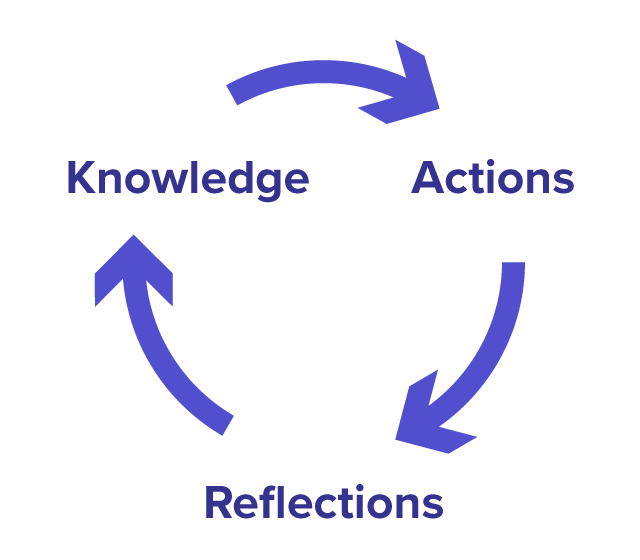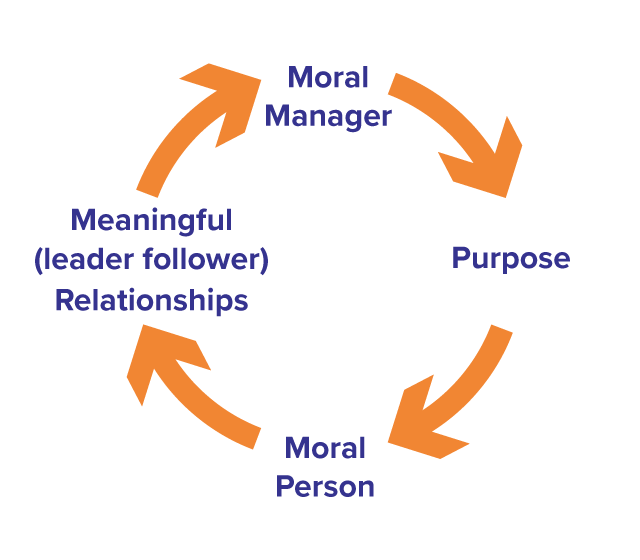Caring is the new C word.
Doing the right thing, the moral person and the moral manager leads purpose.
Much has been written about leadership and its relationship to organisational performance. In completing three current online leadership programmes with the themes of disruption, ethics and agility, my insight is that simple principles in practice equal good performance. This confirms my previous learnings and experience in regards to behaviour, professional development and relationships.
How you care for people tells everything about you, whether as an individual or as a leader in an organisation.
Emmanuel Kant told us to value the relationship not the end. How true, if you have no relationships or positive culture, then strategy, vision and mission have no meaning (think Drucker, Senge, Covey). Virtue (model 1) and learning (model 2) are ongoing cycles based on what we do, our actions. The discovery of who we are as a person is how we learn what is the right thing to do (model 3).
MODEL 1

MODEL 2

MODEL 3

Leadership needs to model and explain ‘what the right thing to do is’ (the ability to set the moral tone). Behaviour is the key, putting ethical intentions into action. What do your people do when you are not there? If you expect people to make the right decision, let them make them until we know the right decision is not being made. Reward good (treat your best so it is obvious they are your best) and deal with bad in a timely and consistent manner.
Doing the right thing plus being agile
Agile leadership was born from the realisation that established management practice hinders performance in project delivery. The Agile manifesto states (think Kant):
- Individuals and interactions over process and tools
- Working software over comprehensive documentation
- Customer collaboration over contract negotiation
- Responding to change over following a plan
The manifesto does not diminish the other option but stresses the importance of the bolded as the focus for the facilitator/leader. This principle was developed to meet the rise of the follower, information and individual freedom has shifted power from the position to the person. Leaders need to be facilitators, supporting autonomy for individuals and empowerment for teams. The best performing teams share information, contribute to decision making and active listening enables Planning, Organising, Controlling and Actuating.
How to develop the right thing?
In the early 2000’s I went to an HR conference and heard a young lawyer give his advice on how to set up a people programme, it made immediate sense to me, I implemented one at the time into a $1b private company and it looked like this:
- Illustrate clear values and standards
- Give constructive feedback and 2 way communication
- Understand the bigger picture
- Develop knowledge and skills
- Establish a sense of direction
Instead of the broad policy approach, the identification and maintenance of clear values and standards and an effective conduct and discipline process should be implemented with only policies that will protect the business legally required. In 2019, with my own learning and experiences polished significantly, I am still a huge supporter of the above position. Less is more if you show you care, more is just stuff if you don’t.
At i3 we use a risk-based approach to review your current people and culture situation, keep what works, remove what doesn’t and work with you to meet your future people and culture requirements – talk to us today.